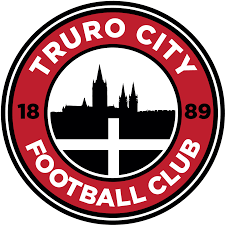A Look at the Iconic Career of Duncan Ferguson

Introduction
Duncan Ferguson is a name synonymous with Scottish football, renowned for his powerful playing style, leadership, and significant contributions to the teams he has represented. His career, which spanned over two decades, saw him become a pivotal figure in both Scottish and English football. As interest in the history of football legends rises, understanding Ferguson’s journey remains vital for fans and aspiring players alike.
Early Life and Career
Born on 27 December 1971 in Stirling, Scotland, Ferguson began his football journey at a young age. He made his professional debut for Dundee United in 1990, where his talent quickly caught the eye of larger clubs, thanks to his physical presence and knack for scoring goals. In 1994, he made a significant move to the English Premier League by signing with Newcastle United.
Impact at Newcastle United
During his time at Newcastle, Ferguson emerged as a fan favourite. He was admired for his goal-scoring ability, which included a stunning 49 goals in just 133 appearances. His passionate playing style and powerful headers earned him legendary status among supporters. However, his career was marred by injuries and disciplinary issues, resulting in a mixed tenure at the club. Nonetheless, Ferguson’s impact was undeniable, and he left an indelible mark on Newcastle’s history.
Transfer to Everton and Legacy
In 1998, Ferguson transferred to Everton, where he would solidify his status as a club legend. Over two spells with the Toffees, he became known for his leadership on and off the pitch and his connection with the fans. His memorable moments included scoring a last-minute rising header against Manchester United in 1999, a goal that became iconic for Everton supporters. He finished his playing career at Everton after making a total of 273 appearances and scoring 87 goals.
Post-Retirement and Coaching Career
Following his retirement in 2006, Ferguson transitioned into coaching. He served as an assistant manager at various clubs, including a long stint back at Everton. His passion for the game and commitment to developing young talents have been recognised, making him an influential figure in football’s coaching scene.
Conclusion
Duncan Ferguson’s contributions to football are reflected in his impressive achievements, both as a player and a coach. With a career that has left an imprint on the hearts of many supporters, he serves as an inspiration for future generations. As football continues to evolve, the legacy of players like Ferguson will remain essential in understanding the sport’s rich history and its ability to unite fans worldwide. His story reminds us of the power of passion, perseverance, and a love for the beautiful game.








